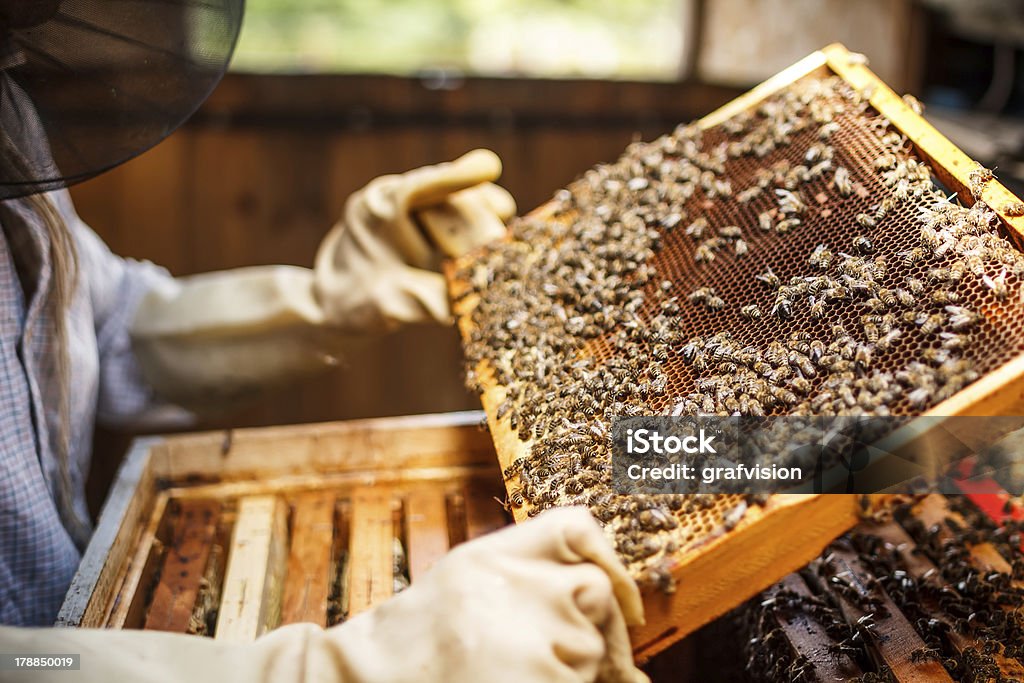Aquaculture involves breeding, rearing, and harvesting aquatic species in freshwater, brackish water, or marine (saltwater) environments. It can take place in ponds, tanks, cages, raceways, or ocean enclosures.
⚙️ Main Types of Aquaculture:
-
Mariculture:
Farming marine organisms in the ocean or in specially designed enclosures in seawater (e.g., oysters, seaweed, shrimp). -
Freshwater Aquaculture:
Farming species that live in freshwater, such as carp, catfish, and tilapia. -
Integrated Multi-Trophic Aquaculture (IMTA):
A sustainable method that combines different species — for example, fish, shellfish, and seaweed — so that the waste from one serves as nutrients for another.
🌱 Importance of Aquaculture:
-
Provides a steady supply of seafood to meet global demand.
-
Helps in conserving wild fish populations by reducing overfishing.
-
Creates employment and supports rural economies.
-
Contributes to food security and nutrition.
-
Can be used for restocking natural water bodies and conserving endangered species.
- Teacher: Admin User
